In Tamil Nadu’s Gobichettipalayam, a small town located in Erode district, Kruthika Kumaran grew up amid a lush farm, with both her parents coming from an agricultural background. Married at the young age of 21, Kruthika recalls that she never had much business acumen and had never even stepped foot outside Tamil Nadu.
Growing up, she watched her mother Manjula Devi battle a severe skin condition, for which she had to take several steroids. Unfortunately, these steroids eventually affected Manjula’s kidneys, and in 2016, she passed away, leaving Kruthika in severe distress. “I was around 30 then and needed something to divert my attention. I’d spent years caring for my mother, and losing her left me extremely depressed,” Kruthika tells The Better India.
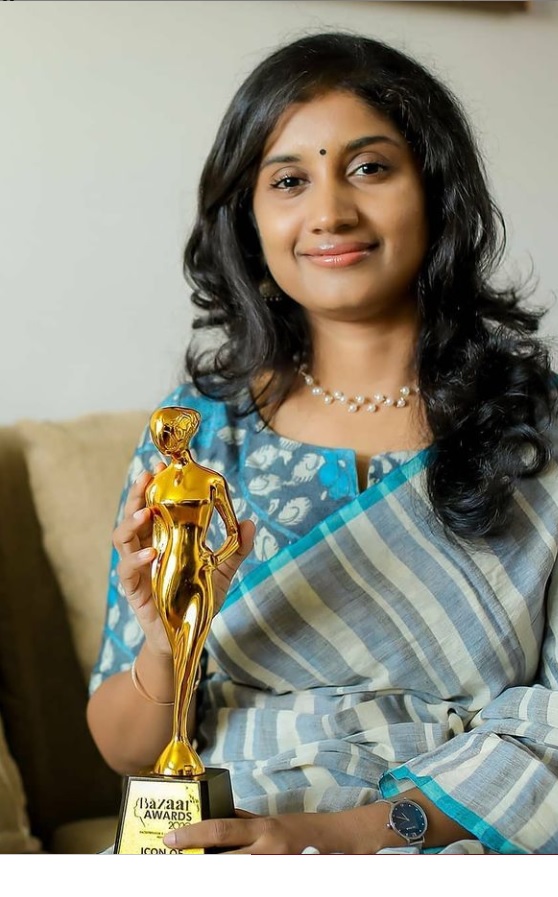
Manjula, who was allergic to most soaps and other such products, would often tell Kruthika to learn the importance of handmade products. “She told me I should know how to make these products myself, but I was spending most of my time caring for her and didn’t have time for much else,” Kruthika says.
But after Manjula passed, Kruthika had free time on her hand. So she began experimenting with various ingredients to make natural soaps. First, she tried her hand at using goat milk, procured from her native farm. “Many people suffer from dry skin or eczema-prone skin, and this has increased in the last few years,” she notes.
Kruthika enrolled herself in a natural cosmetology course to understand the makings of such products better. She immersed herself in experimenting with goat milk in various ways and arrived at a final product that she distributed among close friends and family. The products were a hit, she says.
“It was my turning point,” she says. “I understood what I really wanted to do. It was not about running a business or earning revenue. I was just looking to divert my attention from massive grief but found my life’s calling instead.”
Farm fresh and made with love
A year after her mother’s death, in 2017, Kruthika launched Vilvah Store, named after her own farm. The name comes from the vilva (sometimes, bilva) leaf used to worship Lord Shiva. She wanted a name that remained true to Indian roots, and thus, Vilvah was born.
“I started with a Facebook page initially and used whatever ingredients I found in my own kitchen,” she says. “After a certain point, my kitchen slabs, dining tables, and the house, in general, were overflowing with products and ingredients.”
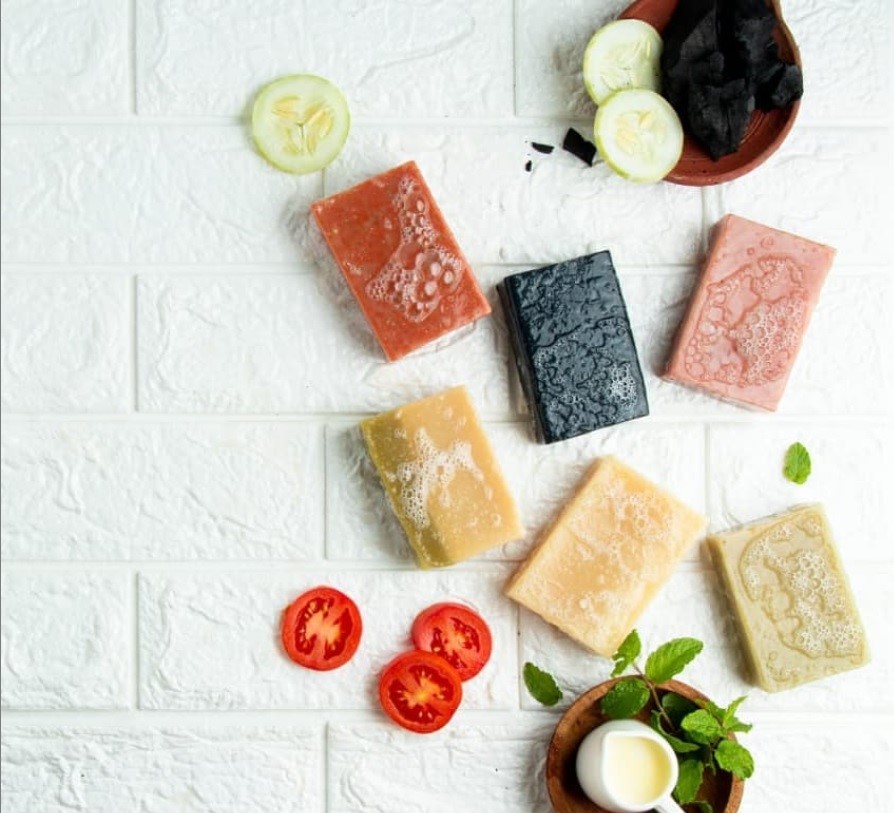
Vilvah is a sustainable skincare brand which mainly makes products consisting of goat milk, procured directly from Kruthika’s family farm. The products have no harsh chemicals or additives such as sulphates, silicones, parabens, artificial fragrances, GMOs or glycols, she notes, and instead consist of natural and organic produce, carrier oils, essential oils and butter. They are also cruelty-free.
These products cover a wide range, such as face products including cleansers, toners, face masks, moisturisers, gels and lip and eye products, and shampoos, hair oils, masks, serums, and conditioners. The range also includes soaps, body butter, scrubs, cold-pressed oils, and deodorant, alongside a men’s range.
The showstopper of Vilvah’s product line is goat milk. “My daughter has eczema, and when I was experimenting with the ingredients, I also kept in mind that I wanted to use something that will help soothe her condition,” Kruthika notes.
Goat milk has several benefits – it contains the same pH levels as human skin, which prevents chemical imbalances. It also helps with skin conditions such as eczema and psoriasis, and the fatty acids it contains help with moisturising dry and damaged skin.
The products are priced anywhere between Rs 160 and Rs 600, and Vilvah ships all over India, as well as countries such as the UK, US, Gulf nations, Malaysia, and Singapore. Kruthika notes that internationally, her products are most demanded in Malaysia and Singapore. Vilvah has two stores in Chennai and Coimbatore, and sells their products on their website, as well as online retailers such as Nykaa and Amazon. “We predominantly sell through our website and store,” she notes.
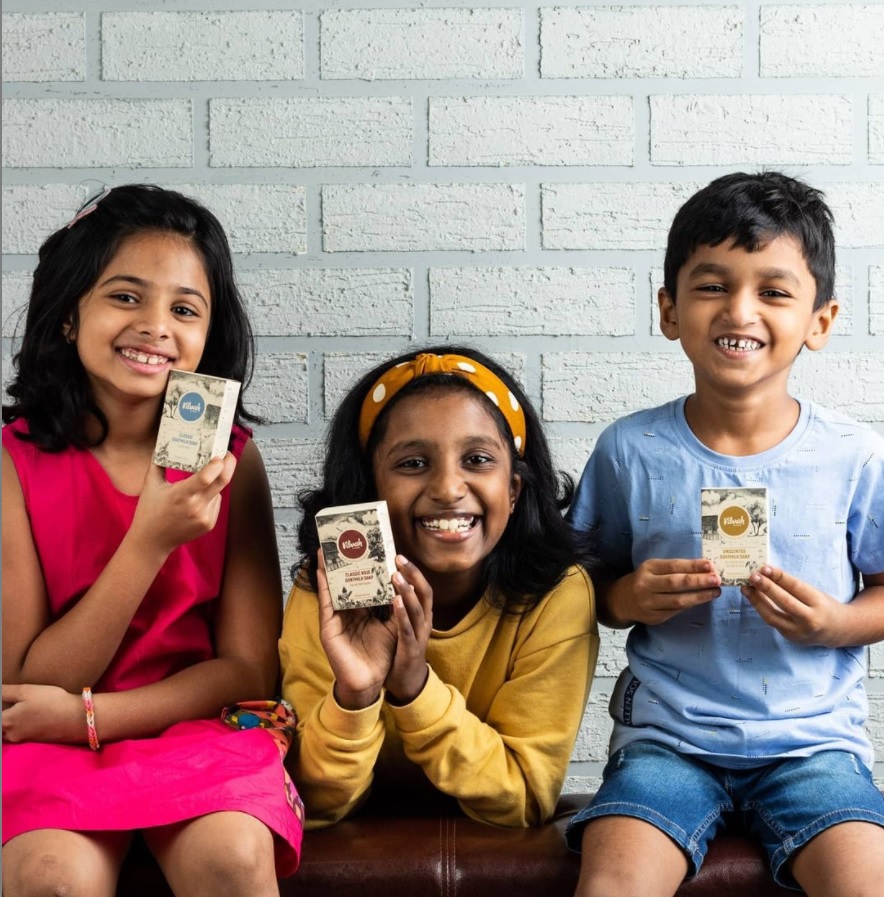
“We don’t use any powdered products or anything of that sort. Everything is farm fresh,” Kruthika says. “Since we began, our goat milk shampoo has been our bestseller, even after four years. A few years into the business, we tied up with cosmetic scientists to launch new products. Regardless, our shampoo remains the top seller.” She adds that her investment amount was somewhere between Rs 5,000 and Rs 10,000 and that she never took any loans to keep her business afloat.
Vilvah has also recently launched a line of agro products, which source rare varieties of white, black and brown and red rice from all over India. They have opened a zero-waste store in Coimbatore to sell these, and Kruthika says they’re the first such store in the city. “We want to highlight the rarest varieties of rice native to India. These include over 50 varieties of such rice, including chak-hao from Assam, the kalanamak rice, mapillai samba, and many more,” she says.
A brand new life
Kruthika says that she wouldn’t call her initial days challenging – but hurdles certainly cropped up as her business expanded. “Initially, everything fell into place, and I think it was my mother’s blessings. Everything fit perfectly. But now we have to worry about scaling up, improving infrastructure, modifying according to changing consumer needs, and other such issues. I am also a mother, and juggling a business and taking care of my child is certainly hard to do,” she says.
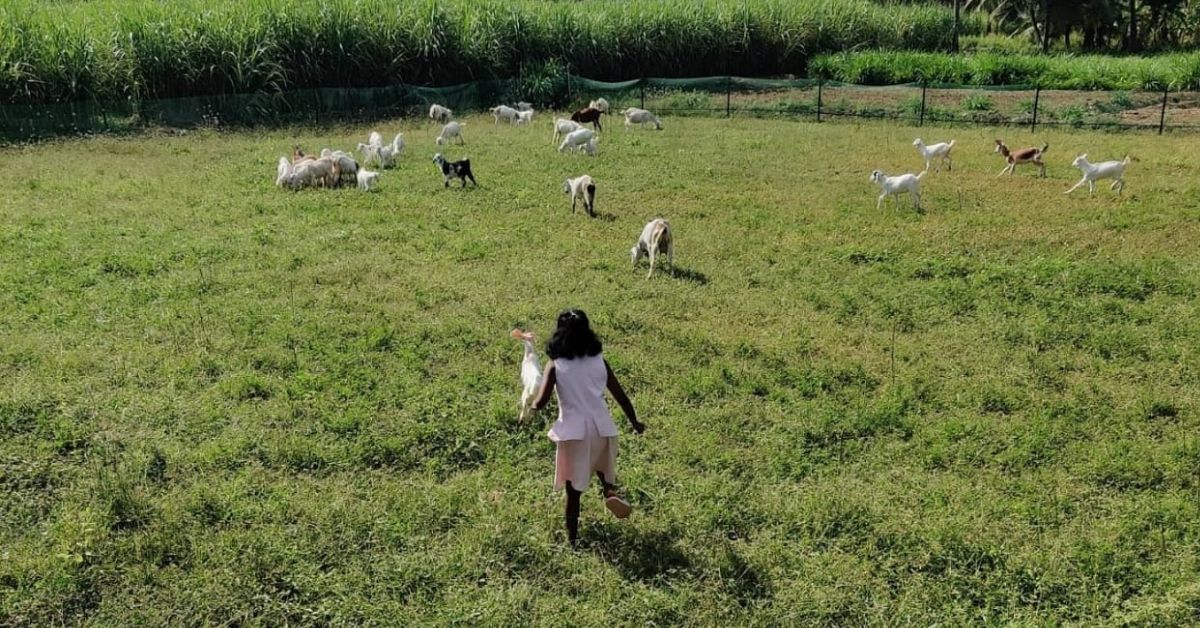
Amid COVID-19, things became harder for Vilvah in terms of keeping their products fresh. “For skincare products, particularly natural and organic ones, the shelflife is of utmost importance. Sourcing raw materials in such uncertain times has become a major challenge for us. Since we are operating predominantly online, delivering the product to a consumer in a stipulated period of time is also a challenge now. Sometimes an area becomes a containment zone before a product can reach it, and the shipment comes back to us. So it’s been quite chaotic. We disabled our COD option for a long time because there were so many uncertainties. It certainly affected our business,” she says.
Vilvah currently plans to move to a larger 20,000 sq-ft production facility, as well as introduce new products.
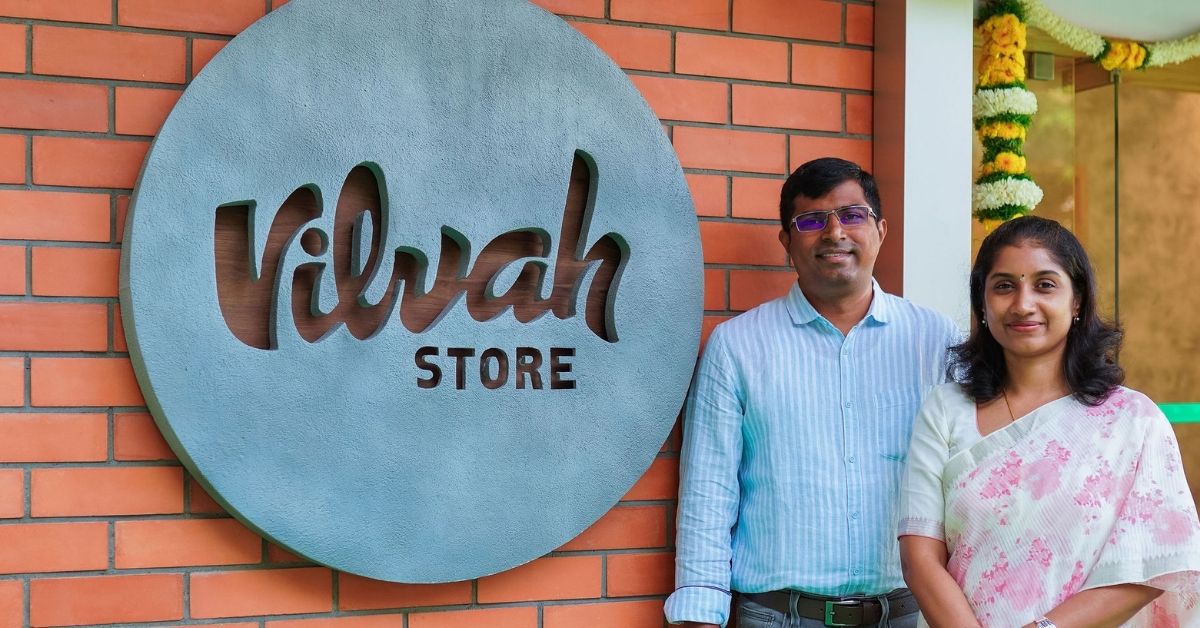
Kruthika reflects on her journey thus far, saying, “Starting the business was definitely my turning point. For a girl married at 21, who had never stepped outside the state, had no work experience and basically had minimal exposure, life has suddenly become very busy. I came from a small town and studied in a local school, so Vilvah has certainly been a huge exposure for me.”
To women looking to step outside their comfort zones and start businesses of their own, Kruthika says, “Trust your own intuition. You don’t need everyone’s suggestions and approval. Take risks, and be comfortable with taking decisions swiftly.”
You can visit Vilvah’s website here.
Edited by Vinayak Hegde
No comments:
Post a Comment